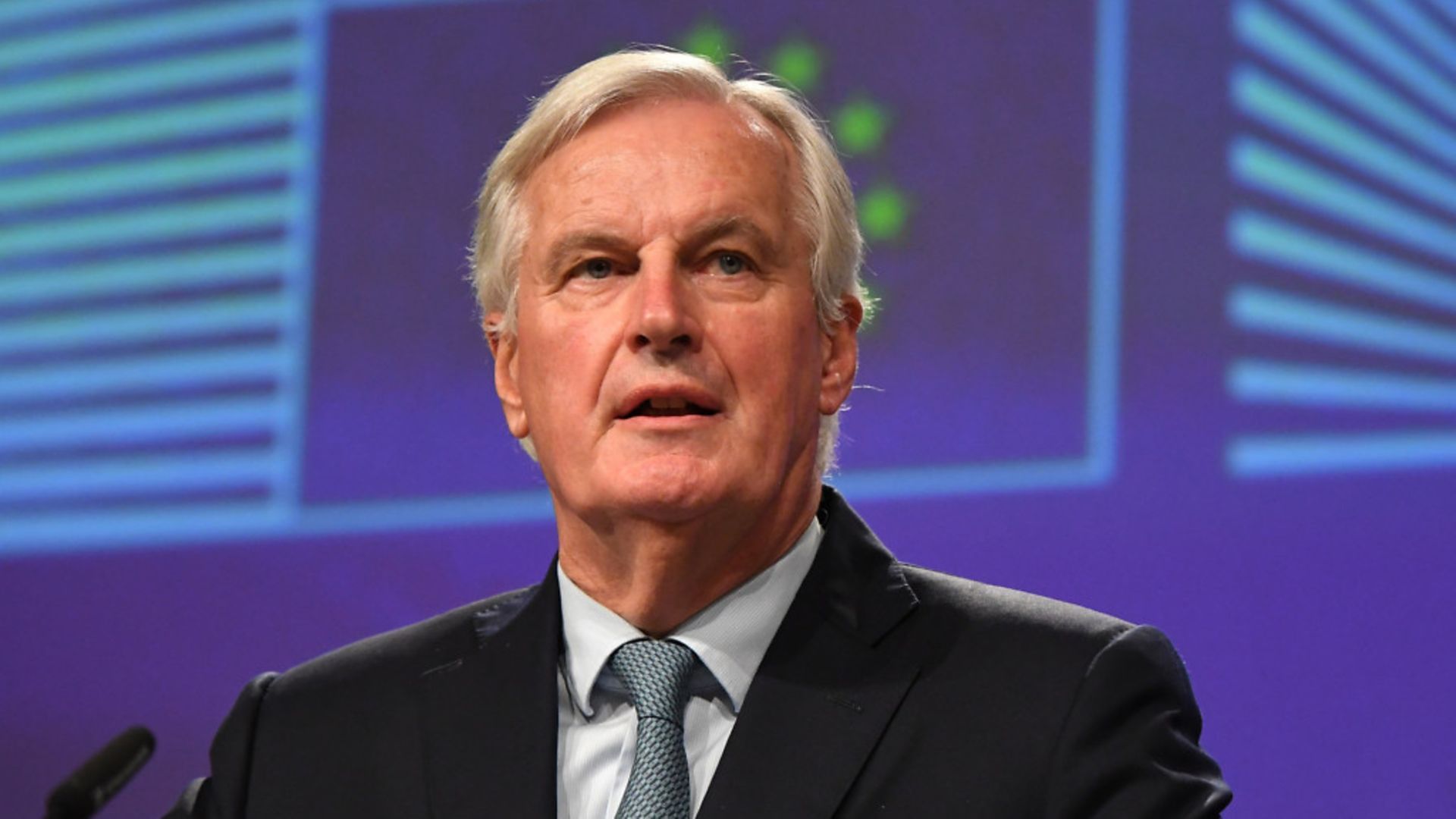
Michel Barnier, the man who led the European Union’s negotiations with the UK, claimed that Brexit is a “mark of failure”.
Speaking in front of MEPs as they prepared to vote on the trade agreement with the UK, he attributed the Brexit vote to “social anger and tensions” in the UK.
He said: “This is a divorce. It’s a warning, Brexit, and it’s a failure – a failure of the European Union.
“And we have to learn lessons from it as politicians here in the European Parliament, in council, in the Commission, in all of the capitals.
“Why did 52% of the British vote against Europe? There are reasons for that – social anger and tension which existed in many regions in the UK but also in many regions of the EU.
“Our duty is to listen and understand the feelings of the people.”
He added that the anger felt by citizens “shouldn’t be confused with populism” and the EU should do “everything to respond to that”.
European Commission president Ursula von der Leyen told MEPs their vote marks “the beginning of a new chapter”.
She said: “We know it will not always be easy and there is a lot of vigilance, diligence and hard work ahead.
“But, while today’s vote is obviously an end, it is also the beginning of a new chapter.
“The choice is now whether today’s vote will be the high-water mark of the EU-UK relations for the next decades, or whether we see this as the foundation of a strong and close partnership based on our shared values and interests.
“Only history will tell what road is taken – although I hope for the latter.”
She acknowledged that some MEPs would be reluctant to approve the Brexit trade deal because of the UK’s unilateral decision not to fully implement parts of the Northern Ireland Protocol.
She said the trade deal is only as good as its “implementation and enforcement in practice”.
She added: “I share the concerns you have on unilateral actions by the United Kingdom since the agreement came into the provisional application.
“We have obviously seen a number of issues arise since then. Some were to be expected, others are teething issues, and many are the consequence of the type of Brexit the UK chose.
“But, regardless of the reasons, we need to focus on joint solutions. Unilateral decisions will get us nowhere.”
Warning: Illegal string offset 'link_id' in /mnt/storage/stage/www/wp-includes/bookmark.php on line 357
Notice: Trying to get property 'link_id' of non-object in /mnt/storage/stage/www/wp-includes/bookmark.php on line 37






